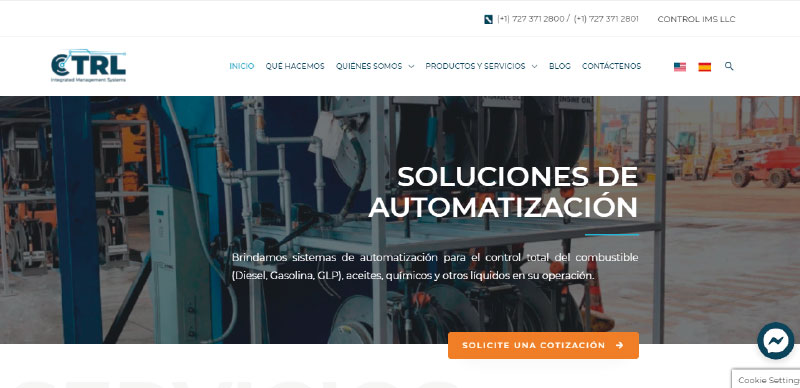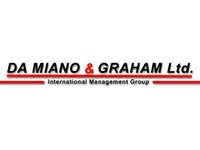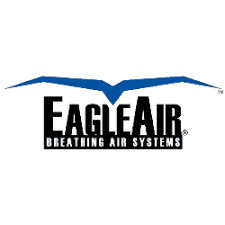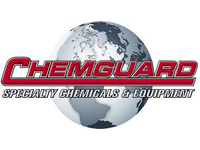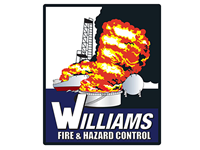
CORMAD CORP – Advanced Industrial Maintenance Solutions
Overview
CORMAD CORP offers a comprehensive range of services designed to deliver preventive maintenance solutions that provide measurable benefits to industrial operations. Our approach helps companies avoid unexpected equipment failures, reduce downtime, optimize maintenance schedules, and enhance process automation and control systems. These advantages translate into significant cost savings, improved equipment reliability, and increased operational efficiency.
Our Value Proposition
By developing tailored models that integrate statistical analysis methods and industry-specific practices, and by delivering advanced asset management software and technological tools, CORMAD CORP focuses on offering the following key services:
-
Predictive Maintenance
-
Industrial Thermography
-
Vibration Sensor Analysis
-
Oil Analysis
-
Reliability-Centered Maintenance (RCM)
-
Process Automation and Control
-
Reverse Engineering
Driving Efficiency Through Reliability-Centered Maintenance (RCM)
Reliability-Centered Maintenance (RCM) is a proactive maintenance strategy focused on maximizing the reliability and performance of critical assets, ultimately improving productivity and minimizing downtime. It is based on assessing the potential impact of equipment failures and applying the most cost-effective maintenance actions to mitigate those risks.
Key Steps in RCM Implementation:
-
Define asset functions and performance standards
-
Identify potential failure modes
-
Evaluate the probability and consequences of each failure
-
Develop targeted maintenance strategies based on risk assessment
This structured methodology allows organizations to concentrate efforts on critical components, ensuring optimal resource allocation and maintenance effectiveness.
Strategic Impact in the Manufacturing Sector
In the manufacturing industry, equipment downtime is a major cost driver. CORMAD CORP’s RCM approach empowers manufacturers to:
-
Identify and address failure modes in advance
-
Implement proactive maintenance strategies
-
Reduce unexpected downtime
-
Improve production planning
-
Maximize overall production efficiency
From Reactive to Proactive
The Role of Predictive Maintenance in the Industrial Sector
Introduction
Predictive maintenance has emerged as a highly effective and increasingly popular strategy in recent years, capturing significant attention across a variety of industrial sectors—including manufacturing, energy and utilities, transportation, healthcare, and the aerospace and defense industries.
In sectors like energy and utilities, equipment manufacturers, plant operators, and asset owners often face major challenges in ensuring optimal performance and reliability of their machinery and critical infrastructure.
The Predictive Maintenance Advantage
Predictive maintenance solutions empower stakeholders to identify the underlying causes of equipment failures and proactively detect and resolve potential issues in real time. This not only ensures uninterrupted operations but also allows for timely, scheduled interventions before a failure occurs.
By leveraging data analytics and machine learning algorithms, predictive maintenance programs continuously monitor equipment performance, detect anomalies, and forecast potential failures. Real-time sensor data, historical maintenance logs, and other operational insights are used to transition from traditional reactive maintenance practices to a more proactive, data-driven approach.
Business Value
With predictive maintenance, companies can achieve:
-
Reduced downtime and maintenance costs
-
Improved asset reliability and lifespan
-
Greater operational efficiency
-
Enhanced safety and compliance
-
Strategic planning of maintenance schedules
This shift from reactive to proactive maintenance is not only a technological upgrade—it’s a strategic move that drives performance, competitiveness, and long-term cost savings across industrial operations.
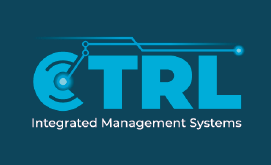
«We offer a wide range of products and services that, strategically selected by our highly trained team, can meet all your needs and enhance transportation safety, fuel consumption, and the overall efficiency of your company.»


